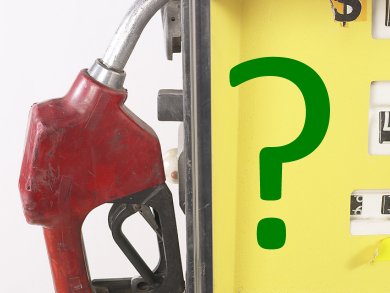A new life cycle analysis reveals that use of renewable resources as feedstock does not guarantee a cleaner fuel. The analysis by James Hileman and co-workers, Massachusetts Institute of Technology, USA, takes into account the variability present in data chosen for life cycle greenhouse gas (LC-GHG) calculations. Optimistic, nominal, and pessimistic data sets were used to model emission scenarios for 14 feedstock-to-fuel pathways. The team found that all the biofuels examined could be produced with either lower or higher LC-GHG emissions than conventional diesel. The key parameters that determined this were how land-usage is changed to produce biofuels and how they are processed.
This work shows that production processes need to be designed in a holistic manner to ensure a reduction in emissions.
- Quantifying Variability in Life Cycle Greenhouse Gas Inventories of Alternative Middle Distillate Transportation Fuels
R. W. Stratton, H. M. Wong, J. I. Hileman,
Environ. Sci Technol. 2011.
DOI: 10.1021/es102597f




